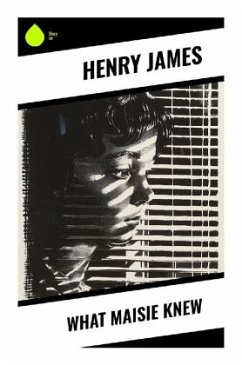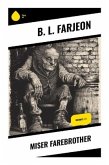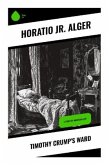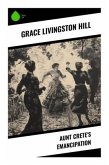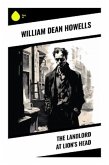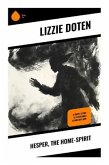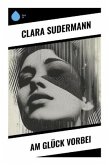In "What Maisie Knew," Henry James delves into the complexities of childhood perception through the eyes of a young girl navigating a fractured adult world. The novel employs a nuanced, impressionistic style that reflects the posteriority of the psychological realism for which James is celebrated. Set against the backdrop of a bitter divorce between Maisie's parents, the narrative captures her fragmented understanding of the relationships that swirl around her, exposing the limitations and ambiguities of adult rhetoric. The text resonates with themes of innocence and the often bewildering machinations of adult life, positioning it within the broader context of late 19th-century literature, where moral and social disintegration were increasingly scrutinized. Henry James, a pivotal figure in the transition from Victorian to modern literature, wrote "What Maisie Knew" in 1897, drawing from his profound insights into the human psyche and familial dynamics, possibly influenced by his own experiences of expatriation and the evolving societal mores of the time. His works often reflect a duality of European and American sensibilities, creating a rich tapestry that informs his character-driven narratives. This novel is a compelling exploration of innocence and knowledge, rendering it essential reading for anyone interested in psychological depth and moral ambiguity. James's intricate prose invites readers to empathize with his characters, making it a resonant study for both casual readers and literary scholars alike.
Bitte wählen Sie Ihr Anliegen aus.
Rechnungen
Retourenschein anfordern
Bestellstatus
Storno

